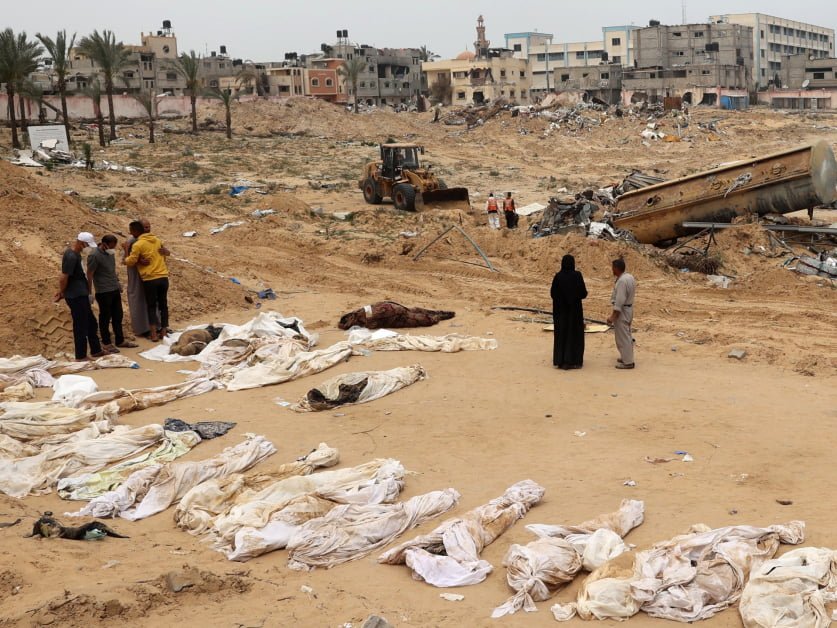In recent times, Gaza has been facing turmoil, leading to loss of lives and families being torn apart. The uncovering of mass graves in the region has caused shockwaves and raised concerns about the truth behind these tragic events. As the global community grapples with these findings, a closer examination of Gaza’s mass graves is crucial for understanding the full extent of the atrocities committed and the pursuit of justice for the victims. This article delves into the intricate and heart-wrenching reality of Gaza’s mass graves, emphasizing the urgent need for accountability and remembrance in the face of unimaginable tragedy.
Palestinian emergency responders have been working to reveal mass graves in and around three hospitals in the Gaza Strip. More than 500 bodies have been recovered, with some showing signs of mutilation and torture, which could amount to war crimes. While Israeli forces deny these allegations, claiming that Palestinians buried the bodies during the conflict, the United Nations, the United States, and the European Union have called for an independent investigation to uncover the truth and ensure accountability.
Despite international calls for an investigation, Israel’s intensified assault on Rafah has hindered the deployment of forensic teams to Gaza, resulting in haphazard collection of evidence from burial sites. The disturbance of these sites makes uncovering the truth more challenging, but there is still hope for justice.
Efforts to document the remains found in mass graves have been underway, with limited resources and protective gear. The evidence of torture, extrajudicial executions, and unlawful killings found by Civil Defence members raises concerns of potential war crimes. However, the officiality of this evidence is crucial, as mishandling of bodies and lack of proper documentation can compromise the integrity of the investigation.
International organizations like the UN, the EU, and the US have called for a transparent and credible investigation into the mass graves in Gaza. While the prospects of foreign investigators entering Gaza remain uncertain, there is still a glimmer of hope for justice. Forensic evidence gathered from the mass graves can potentially lead to accountability for the crimes committed.
Legal proceedings at international courts, such as the International Criminal Court (ICC) and the International Court of Justice (ICJ), are already in motion, investigating the atrocities in Gaza. The preservation of evidence and unimpeded access to humanitarian aid are crucial steps in pursuing justice for the victims. Despite the complexity of the situation, efforts to uncover the truth and hold perpetrators accountable must persist for the sake of those who have suffered.


